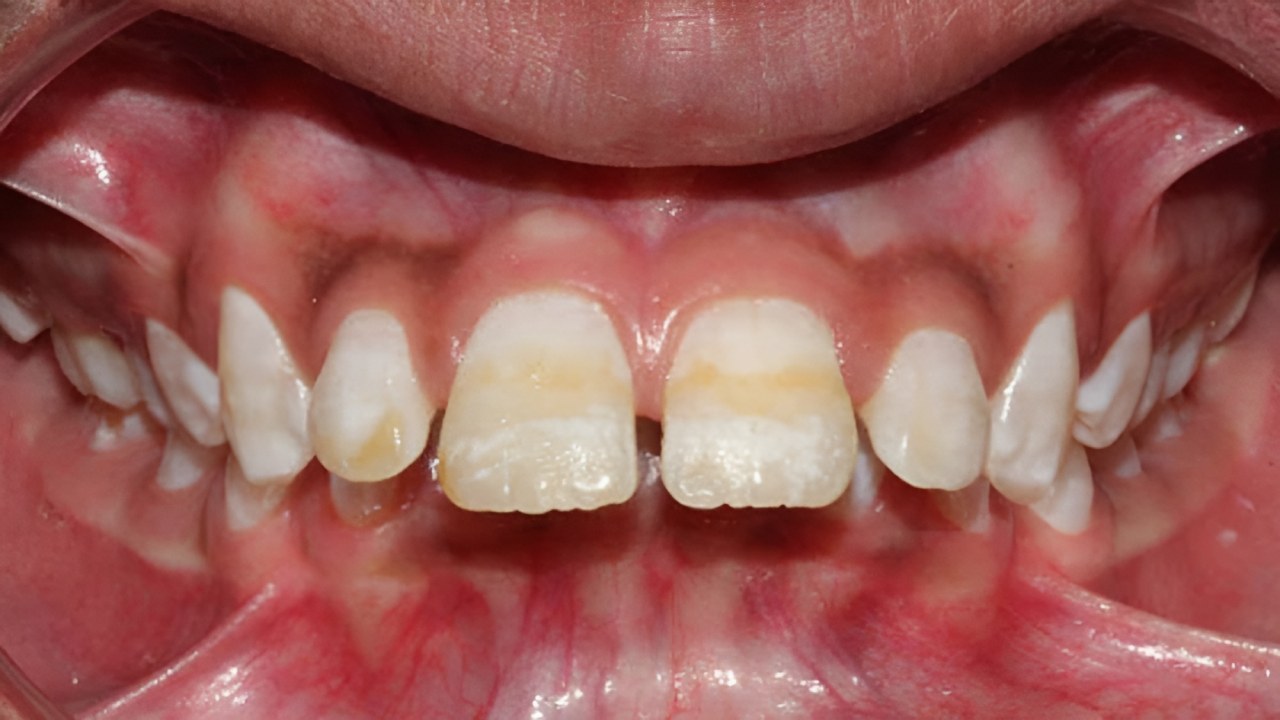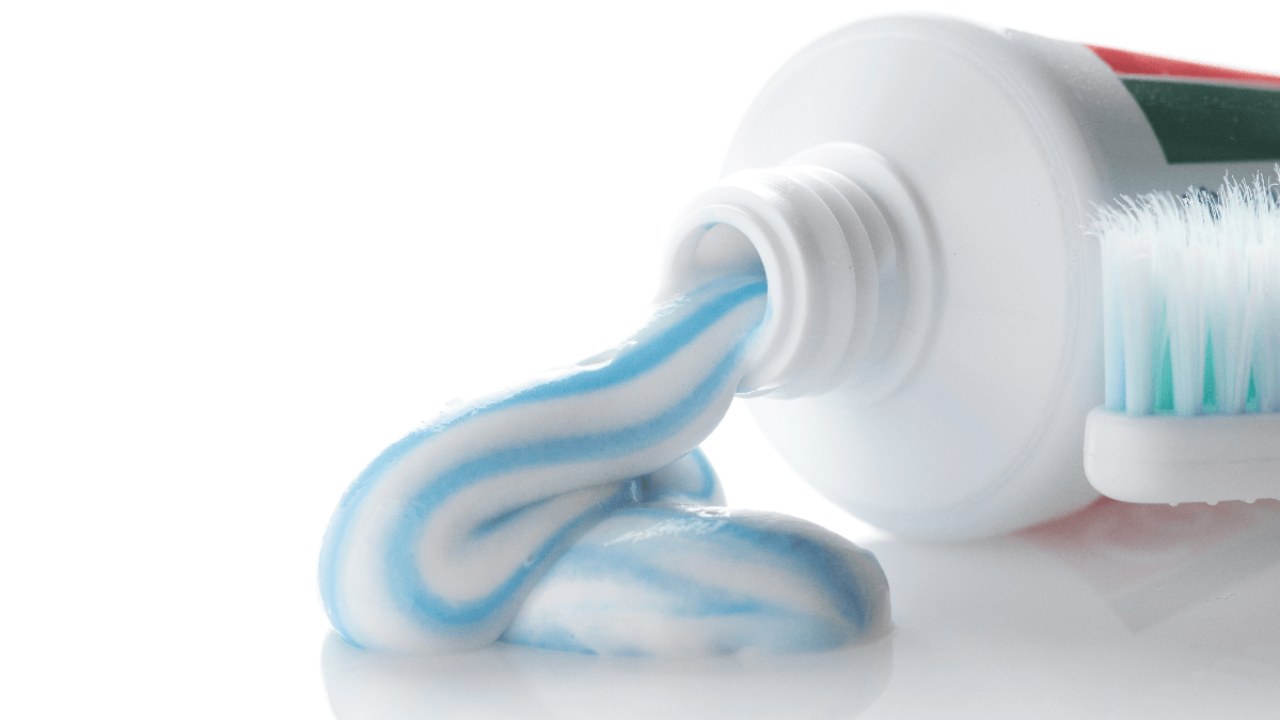Toothpaste serves as a tool to clean our teeth, but in some cases it can be swallowed willingly or unintentionally. So what could happen in such a situation?
Especially children, It is even more convenient to swallow toothpastes due to their various flavors. and these amounts can become excessive without parents noticing.
When this is the case, two questions inevitably come to mind: What happens if we swallow toothpaste? And are these pastes really harmful?
The main active ingredient in most toothpastes is sodium fluoride.
sodium fluoride
This substance protects against tooth decay and which helps remineralize tooth enamel It is an important ingredient, but when it comes to swallowing toothpaste, things get complicated.
A tube of toothpaste contains approximately 0.15 percent fluoride Contains. For it to be fatal, an adult would have to swallow the equivalent of 8 tubes of toothpaste. However, such a situation may cause many health problems rather than life-threatening.
For example, dental fluorosis causes pale white and yellowish spots on the teeth after consuming too much fluoride during childhood.

Dental fluorosis, which does not damage adult teeth but only affects children, causes discoloration of tooth enamel and this change is permanent. Additionally, it is not possible to completely reverse the damage. In some cases, teeth may even wear out.
Dental fluorosis again More common in children under 8 years of age It is very important to closely monitor children’s toothpaste use.
Whether a child or an adult, if a person consumes too much fluoride-containing toothpaste, he or she may have to deal with skeletal fluorosis.

Skeletal fluorosis is many times more disturbing than damage to tooth enamel. Causes bones to harden and lose their elasticity It increases the likelihood of bones breaking.
Additionally, consuming large amounts of fluoride at one time may cause poisoning. Diarrhea, nausea, vomiting, drooling, irregular heartbeats and eye irritation are among the symptoms of poisoning.
On the other hand, high fluoride intake during pregnancy may also cause developmental delays in some children.
An indication of this is is the link between high fluoride exposure and IQ decline. Epidemiological studies on this subject also show that this substance is a neurotoxin that disrupts the intellectual development of children.
Damage to the thyroid glands, which can lead to hyperthyroidism, is another possible consequence of long-term exposure to fluoride. If the person has hypothyroidism a deficiency in the production of vital hormones by the thyroid It can be concluded that .
Fatigue and hair loss are the most common symptoms of this condition. Hyperthyroidism, which also develops as a result of excessive fluoride consumption, bone problems It also brings with it. Due to this disorder, calcium deficiency occurs and bones become more fragile.
In summary, when taken in the right dosage, fluoride helps keep tooth enamel strong, prevents bacterial growth and helps prevent tooth decay. However, excessive exposure to this substance It may invite various and irreversible discomforts.
Our other content that may interest you:
RELATED NEWS
Why Did the Teeth of Ancient People Who Used Neither Toothbrushes Nor Toothpaste Never Decay?
RELATED NEWS
Vipeholm Experiment: If only discovering the cause of tooth decay wasn’t so brutal!
RELATED NEWS
We Want Good News: It May Be Possible for New Teeth to Grow “Thanks to a Medicine”! But How?
RELATED NEWS
